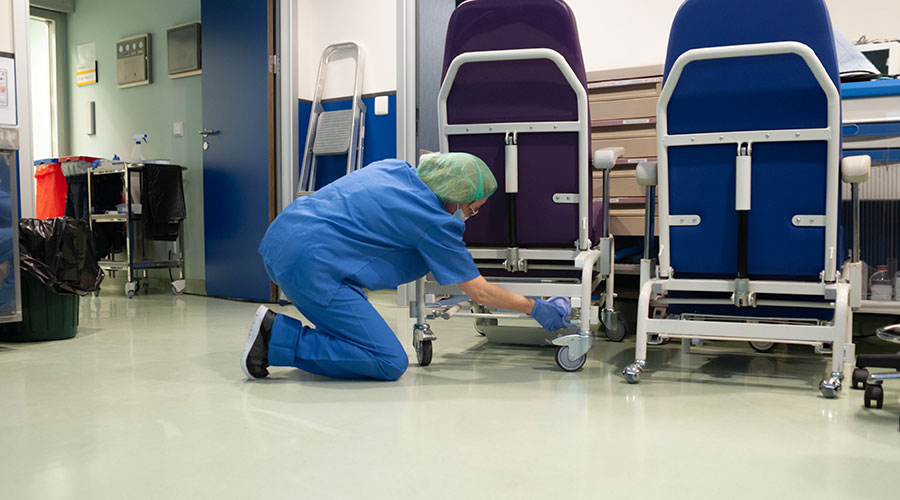Bloomington, IN - On December 16, 2013, the Federal Drug Administration (FDA) reported it was requiring manufacturers to demonstrate if triclocarban and triclosan, which are now found in some hand soaps, among other products, are safe; if not, the FDA wants them removed from the marketplace.
Originally, surgeons used triclocarban to wash their hands before operations. However, in recent years this chemical as well as triclosan, which is similar, have been used in a wide range of products from mouthwash, hand soap, and cosmetics, to some cleaning products used mostly by consumers.
Stephen Ashkin, president of The Ashkin Group, has long believed these chemicals are unnecessary and potentially dangerous to health and the environment.
“Several studies indicate that they can disrupt normal development of reproductive systems in animals and many health experts warn they can be harmful to humans as well,” informs Ashkin.
Manufacturers using these chemicals have one year to prove their safety and effectiveness; if not, they can no longer use them in their products.
“As you can imagine, this decision will affect many industries,” says Ashkin. “However, the impact [of these chemicals] on the environment and health and their overall effectiveness has been questioned for years.”
For instance, a 2008 study by the University of California (Davis) concluded that the use of triclocarban and triclosan can disrupt reproductive hormone activity and interfere with cell signaling that occurs in brain, heart, and other cells.
“Americans spend nearly one billion dollars a year on these products even though studies show that they are no better than regular soap and water at reducing the spread of illness,” says Dan Chang, professor emeritus of civil and environmental engineering, who was directly involved with the study.
Ashkin says some jansan manufacturers such as Reckitt Benckiser, maker of Lysol, and Proctor & Gamble have already taken steps to remove these chemicals from some of their products. “Except where [these chemicals] are required for use by law or for health reasons, proper hand-washing is all we really need to protect our health,” he concludes.

 Seeking Standards for Microbial Loads in Healthcare Facilities
Seeking Standards for Microbial Loads in Healthcare Facilities UCR Health Unveils Plans for Major Expansion
UCR Health Unveils Plans for Major Expansion High-Performance Windows Support Safety at UW Medicine's New Behavioral Health Center
High-Performance Windows Support Safety at UW Medicine's New Behavioral Health Center Central Maine Healthcare Dealing with IT System Outage
Central Maine Healthcare Dealing with IT System Outage Kaiser Permanente Opens Newly Expanded Everett Medical Center
Kaiser Permanente Opens Newly Expanded Everett Medical Center